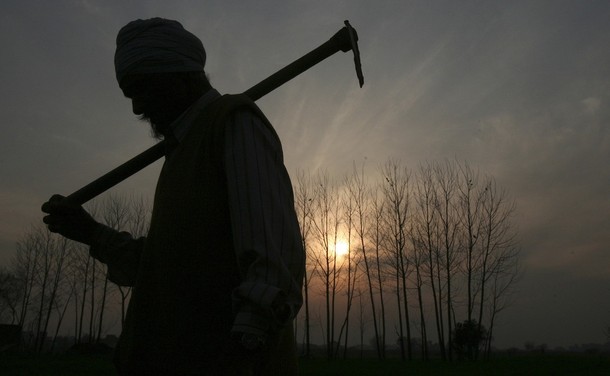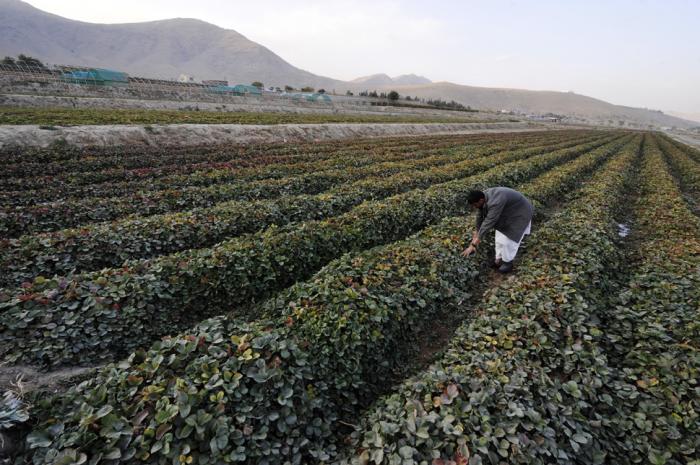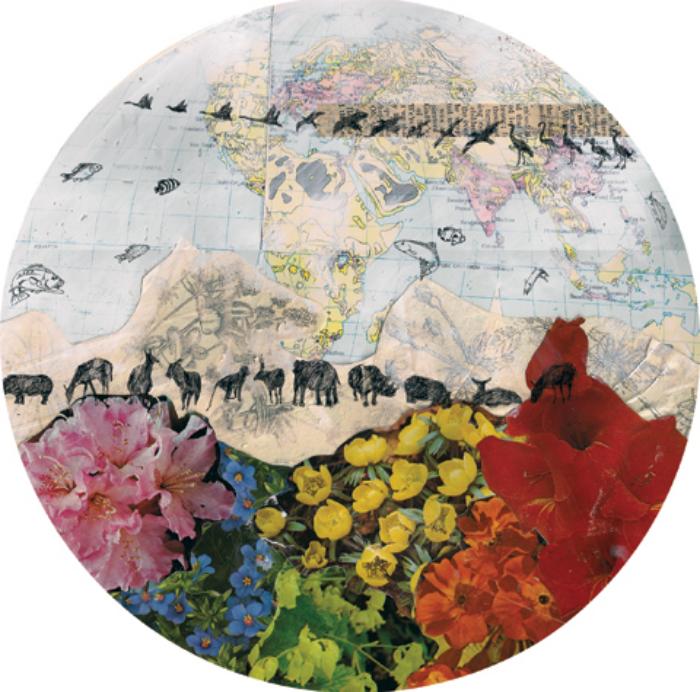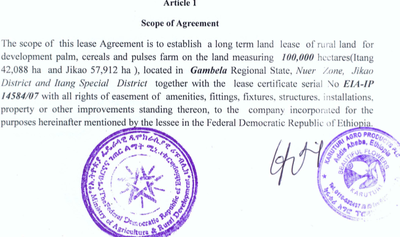India moots tie-up on 'contract farming'
- Times of Oman
- 12 December 2010
"Indian law does not allow foreign companies to buy land and therefore Omani companies can enter into a contract farming relationship," says senior Indian government official.

"Indian law does not allow foreign companies to buy land and therefore Omani companies can enter into a contract farming relationship," says senior Indian government official.

Some Danish farmland investors are quitting the UK after seeing land prices rise here and tumble at home over the past few years.

Indian businessman also has major stakes in farmland investors Ruchi Soya, KS Oils and Equitorial Palm Oil.

The government will act as a facilitator for private industry to buy land abroad to grow pulses, says India's Agriculture Minister.

“We have huge land sizes and lot of opportunities. We would like India to come and invest in our country. We will provide land on 90-year lease, security, power and easy bank credit besides simplifying norms,” said Afghanistan Agriculture Minister Mohd Asif Rahimi

Indian company signs an MoU with Zambia Development Agency to facilitate the acquisition of 100,000 hectares of land for agricultural development in Zambia.
Bloqué par des difficultés d’acquisition de terres en Inde, le groupe Karuturi s’est tourné vers l’Afrique et a acheté ses premières parcelles en Éthiopie en 2004. Depuis, ses revenus ont été multipliés par onze, pour atteindre plus de 110 millions de dollars.

Not surprisingly, the backlash from people in Africa against Indian farmland investments has begun.

Neha sold off its farm in Pune and shifted operations to ethiopia where it has lands for floriculture and food grains.

Karuturi is perhaps the poster child for the big land grabs that have characterized large scale agricultural investment in Ethiopia

50yr lease agreement between Ethiopian government and India's Karuturi covering an initial 100,000 ha in Gambela. Contract enables Karuturi to extend concession by another 200,000 ha.

“I got in on the ground floor, others got in on the second floor, but there’s a lot of floors left to go in Africa’s economic cycle,” says farmland investor Sai Karuturi.

|
CAR offers land ownership using cryptocurrency
|